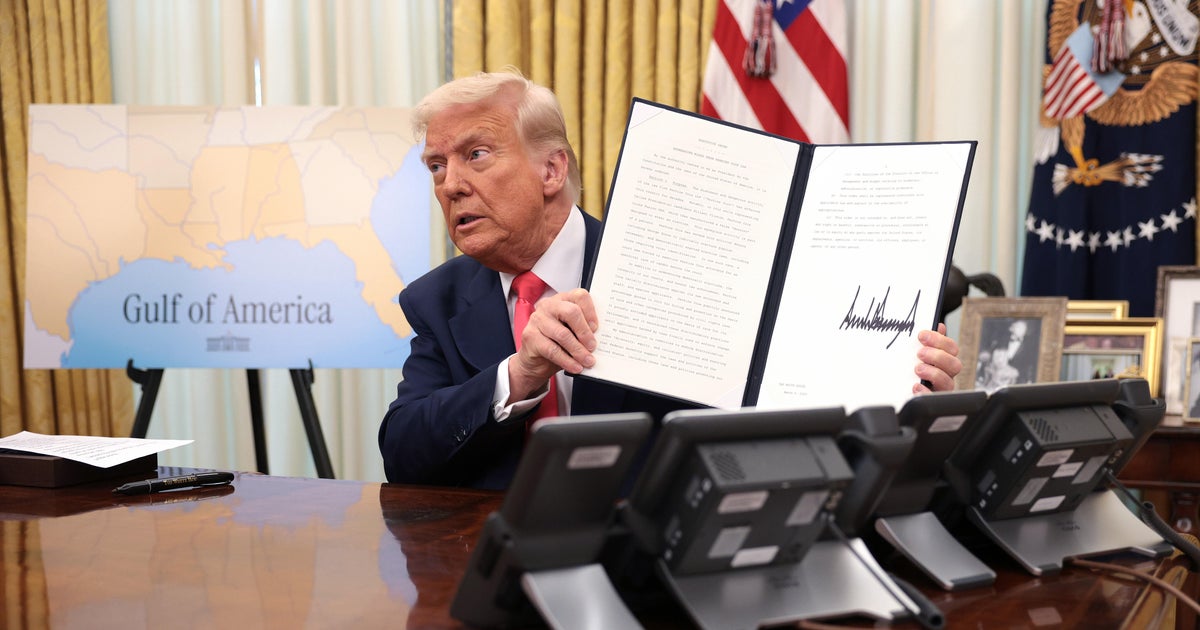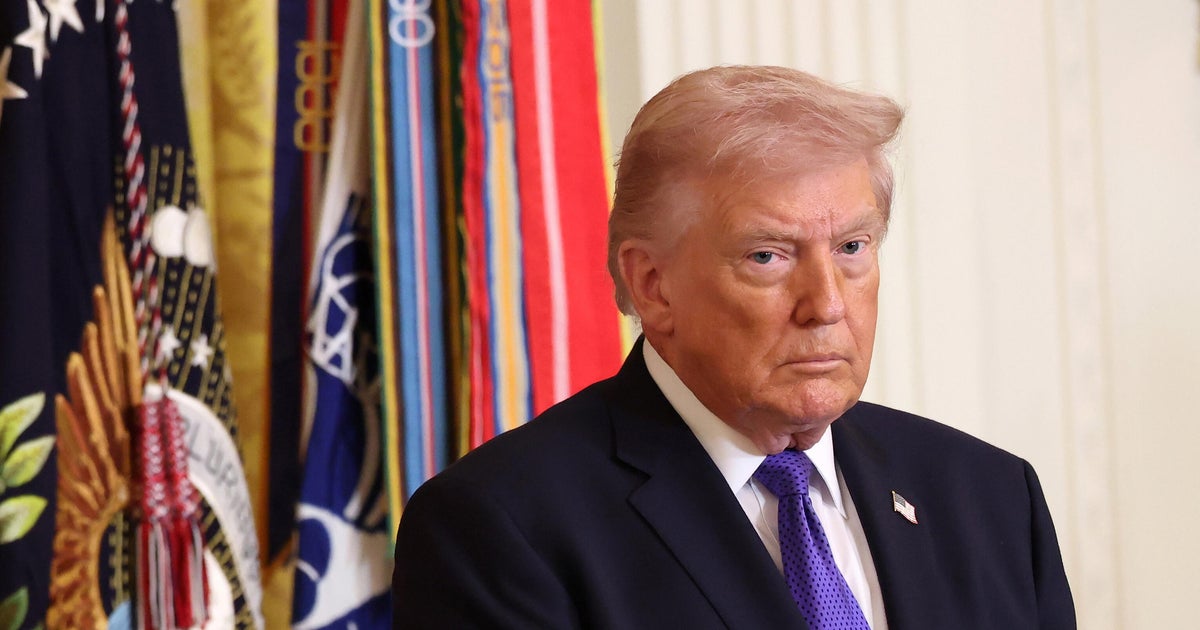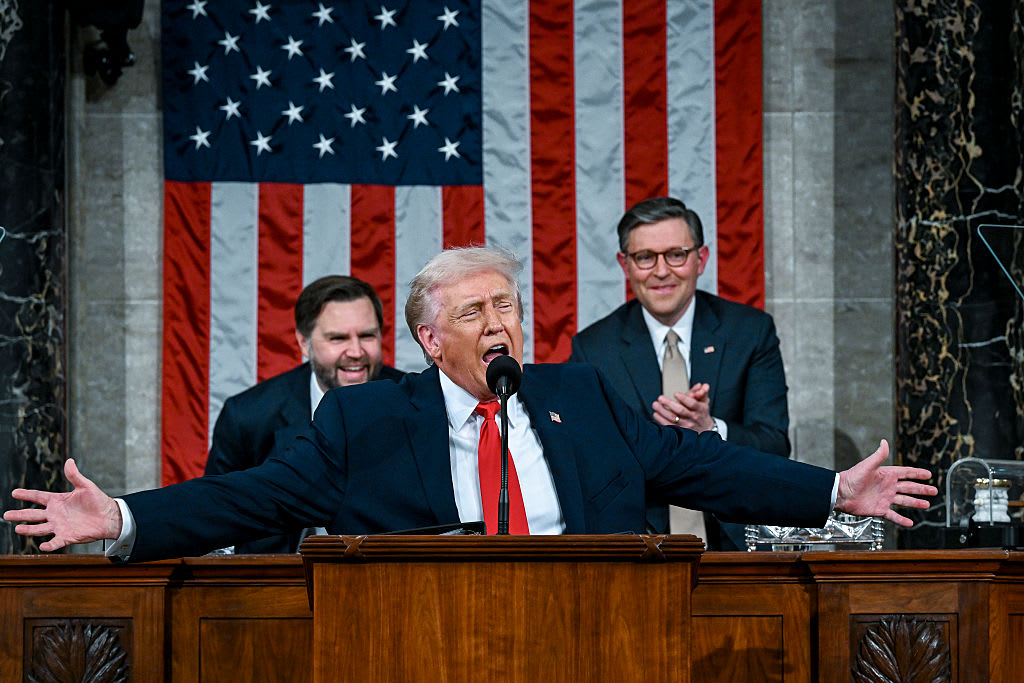How would Exxon's Rex Tillerson shape the State Department?
By snubbing politicians such as Mitt Romney and Rudy Giuliani for secretary of state, President-elect Donald Trump is turning to a business executive with whom he shares more than a few similarities.
Exxon Mobil (XOM) CEO Rex Tillerson, who was tapped this week by Mr. Trump to serve as the top U.S. diplomat, is both a dealmaker and businessman who has dedicated his life to building a single brand. Tillerson has worked at Exxon since 1975, when he joined the oil producer after graduating from college.
Both the president-elect and Tillerson also espouse an approach to Russia that’s more open and perhaps cooperative than the strategy the Obama administration favored, an issue that’s likely to fuel criticism of his appointment and prompt a tough Senate confirmation process.
The heart of the debate will likely focus on Tillerson’s dealmaking at Exxon, which expanded its Russian ties thanks to the CEO’s “very close relationship” to Russian President Vladimir Putin. His association with the Kremlin may not be the only contentious confirmation issue, given that Tillerson’s mandate was to help Exxon tap oil and gas deposits across the world. As a result, he dealt with a number of unsavory world leaders, even thumbing his nose at State Department policies.
There are also potential financial conflicts. Tillerson holds a $240 million stake in Exxon stock, which could create sticky situations if, as secretary of state, he dealt with policies that could advance America’s foreign policy interests but hurt Exxon’s business and, as an extension, his own net worth. While he may be able to divest part of his Exxon holdings, Tillerson holds $150 million worth of unvested stock options.
“Rex Tillerson has had one job in his entire life -- running a big oil company that puts international profits ahead of America’s workers and communities,” said Progressive Change Campaign Committee co-founder Stephanie Taylor in a statement. “People did not vote on November 8 to give Exxon control of our foreign and environmental policy -- or to have the international corporate establishment be the face of America’s workers and interests around the world. This is a ludicrous choice for Secretary of State.”
Other progressive groups joined in issuing condemnations about Tillerson’s appointment, but it’s also earning criticism from Mr. Trump’s own party. Senator Marco Rubio, R-Florida, tweeted his opposition to the choice, writing, “Being a “friend of Vladimir” is not an attribute I am hoping for from a #SecretaryOfState.” Sen. John McCain, R-Arizona, said on “Face the Nation” that he had reservations about Tillerson’s Russia ties, but that the nominee would receive a fair hearing.
On top of Tillerson’s potential conflicts of interest, he lacks government and policy experience. How smoothly he would shift his viewpoint from that of Exxon’s chief promoter to that of America’s foreign policy implementer remains a question.
Here are four ways Tillerson’s experience as chief dealmaker for Exxon could shape the Trump State Department.
Closer ties with Russia. Tillerson earlier this year described himself as enjoying “a very close relationship” with Putin, noting that Exxon had invested “a lot of money” in the former Soviet Union. He also received the Russia’s Order of Friendship from Putin after signing deals with Rosneft, a state-owned Russian oil company whose leader is considered a Putin loyalist.
Still, Tillerson has also said he doesn’t agree with everything Putin is doing. Given Mr. Trump’s public admiration of Putin and Tillerson’s ties with the Russian leader, the new administration’s State Department may seek to broaden its relationship with the Kremlin.
More intervention in non-U.S. politics. As explained by Steve Coll, the author of “Private Empire: ExxonMobil and American Power,” in the New Yorker, Exxon has advocated a hands-off approach to local politics even though it has pledged to support human rights. That has led to Tillerson to work with dictators in an effort to expand Exxon’s oil and gas resources, such as in the African countries of Chad and Equatorial Guinea, Coll noted.
Yet stepping away from his corporate Exxon role will provide Tillerson with the freedom and power to push his ideas and policies into countries where Exxon has investments. For instance, Exxon earlier this year announced a “significant” offshore oil discovery in Nigeria, which has been dealing with the Islamic group Boko Haram. Exxon said its offshore development is subject to discussions with the Nigerian government.
Under Tillerson, the State Department could push for favorable agreements to oil companies such as Exxon, while also providing more assistance in battling Boko Haram.
Downplaying climate change. Climate change has emerged as one of the chief reasons progressive groups are opposing Tillerson’s appointment. Tamar Lawrence-Samuel, Corporate Accountability International’s associate research director, predicted in a statement that Tillerson “will run the Department of State like an extension of the corporation’s business development department.”
Exxon, which is under investigation for allegedly downplaying the risks of climate change, has made a public effort to address the risk of a changing global climate. Yet Exxon’s business remains based in fossil fuels, which was reflected in Tillerson’s comments on a conference call earlier this year. He said he supports “sensible policy actions” on climate change but stressed that “there is no alternative energy source” that can currently replace fossil fuels.
Addressing this issue on Saturday, Suzanne McCarron, Exxon’s vice president of public and government affairs, tweeted that the multinational Paris climate agreement “is an important step forward by governments in addressing the serious risks of #ClimateChange.”
Fewer sanctions. As CEO of Exxon, Tillerson was a critic of the U.S. government’s reliance on sanctions to produce policy changes in foreign countries. According to Coll, he also flaunted the State Department’s policy on Kurdistan and signed an independent oil deal with the Kurdish Regional Government, which he explained to U.S. officials as doing “what was best for my shareholders.”
As secretary of state, Tillerson could advocate for easing sanctions against Russia or avoiding the use of economic sanctions to produce foreign policy changes. He may take a pragmatic approach, looking for economic development opportunities rather than enforcing policy goals.



